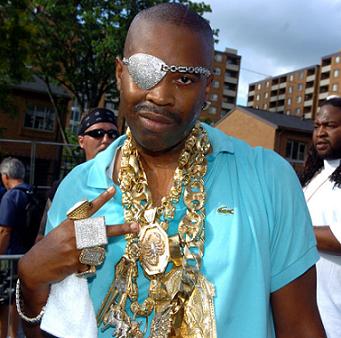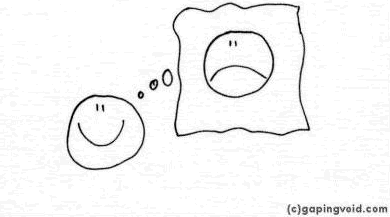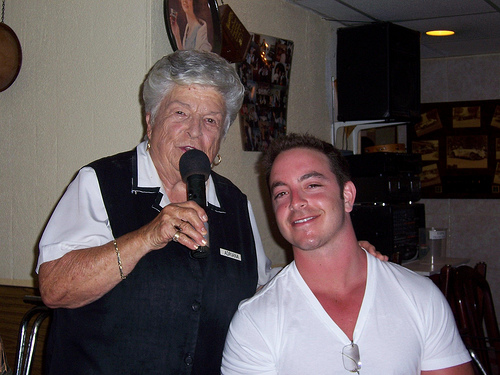Before you read this post, please watch this awesome video of John Mayer talking about what it takes to succeed. It’s absolutely worth the 13 minutes.
I’ll wait…
Seriously, this post will be a lot more enjoyable and make more sense if you watch it.
Okay, now that you’ve watched it (really good right?) let’s get to it.
It’s interesting. We all hear (and sometimes even preach) this advice. “Start with the end goal in mind.” “You can’t reach the finish line if you don’t know what/where the finish line is.”
After watching this video it made me realize 2 things:
1) Ultra successful (of course success in itself is a very subjective word) people don’t necessarily know a lot more than us. What they do know is how to apply their knowledge. (The application is the hard part.)
2) Successful people aren’t successful by accident.
[Side note: I was never a fan of John Mayer. I liked a few of his songs but that’s about it. It’s interesting how this candid talk made me like and respect him. I think it’s because vulnerability is a key to likability.
It’s like when you go to a concert and afterward all your favorite songs sound even better. They mean more to you. Because you know the person behind the songs. You feel a connection.]
So, we know to start with the end goal in mind. But do we really do that? Do we really know our finish line?
And is our finish line what we REALLY want? Or is it an ego driven finish line?
Something he said really resonated with me:
“Defining success is the difference between people who walk this Earth happy and people who walk the Earth constantly unfulfilled because they never defined the finish line. I know artists who’ve sold 2 million records. It’s not enough. Because they never said what making it was going to be.”
Setting the end goal. Defining exactly what success looks like. That’s the key to feeling fulfilled and happy.
After all, happiness is the end goal right?
The challenge for me is knowing exactly what I want.
I wrote about this 5 years ago. I call it “The interior decorator problem.”
I haven’t read that post in years and it still resonates with me. (The more things change, the more they stay the same. It’s just on a different and bigger scale now.)
I think the most successful people know EXACTLY what they want. They have one mission. They are laser focused.
I’m very fortunate to know that I love helping people look and feel great through diet/exercise.
But what does that look like? Do I want a company that serves 1,000,000 people. Do I want a company that serves 10,000 people?
What is enough?
Another challenge for me is this:
I’ll set a goal for myself. I’ll define “success” and the finish line…
…and then…when I reach it, I’m already looking at the next goal.
Here’s the challenge we wrestle with: the very thing that makes people successful (let’s call it ambition) is the very thing that makes people want more. And that’s what causes people to feel unfulfilled.
How do we know when enough is?
As we progress and become more and more successful, we’re constantly looking at the next mountain to climb.
This is known as the Hedonic Treadmill.
It’s something I’m very aware of. We quickly become used to our new way of life. Our new way of living.
I look at some people I know who appear (and by I appear I mean they clearly work very hard on crafting this image of success by consciously signaling how amazing their life is) and wonder if deep down they’re truly happy.
What do they really want? What are they really after?
Perhaps they don’t know? So, in the meantime, they’re racking up accomplishment after accomplishment and showing off the lifestyle their ‘success’ affords them – but it seems like that’s playing in quick sand. It’s like chasing fame.
How do you define fame?
How do you define success?
How do you define happiness?
How do you define enough?
There aren’t right or wrong answers to these questions. To each his own. And the answers to these questions are going to change as we all (hopefully) continue to progress in life.
I think the only right answer to these questions is to keep asking these questions…
##
BTW: It’s good to be back! The last post I wrote here was on September 20, 2011. I’ve been very busy with MyBodyTutor and have been writing over at the MBT blog. A lot has changed since then (thankfully all good things) and I look forward to sharing some of those things with you in the near future.
Don’t miss any new posts! At the top left of this page is a box with my picture in it. Under it, there is a box that reads, ‘Don’t miss a thing! Enter your email address for free updates.’ Enter your email in that box, click ‘subscribe me’ and you’ll get an email to confirm your free subscription. Go to your email and click the link, and you’re done. You’ll never miss another post again, and it’ll take 9 seconds.








